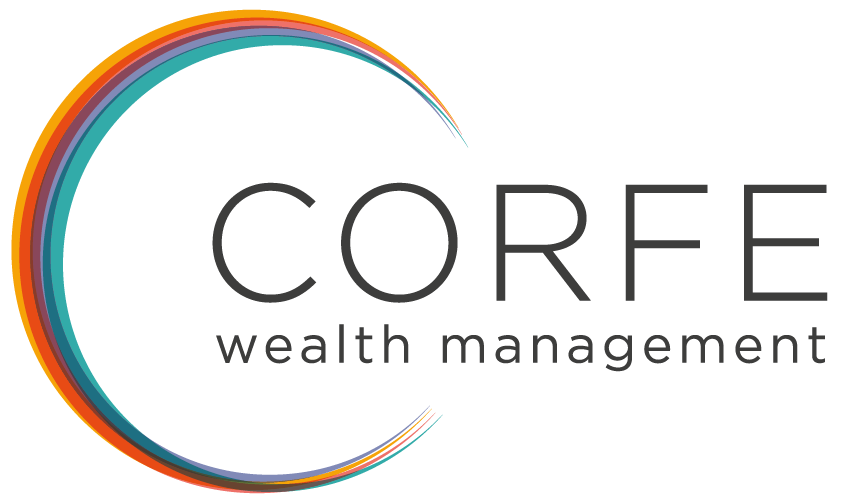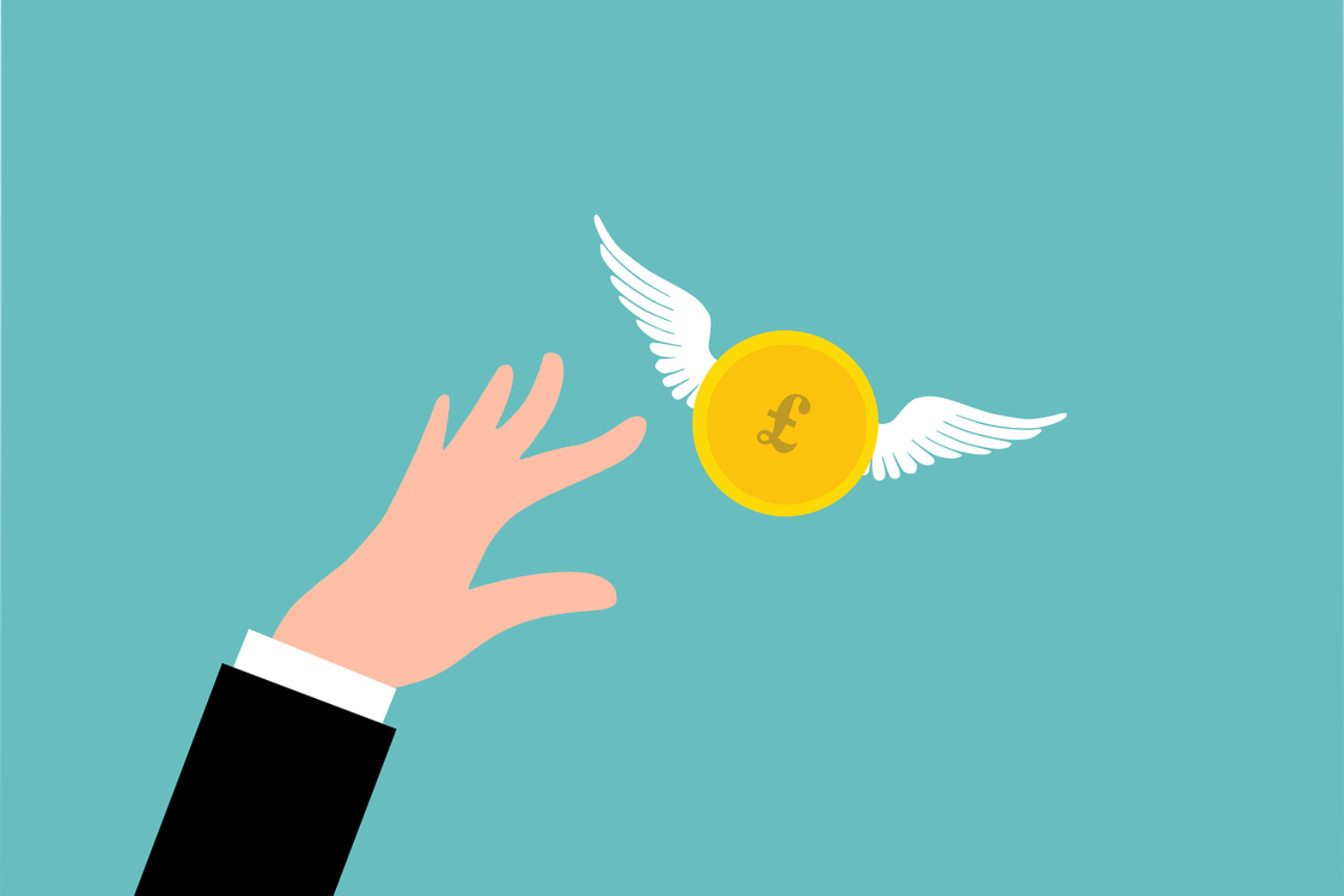There are just four things you can do with your money.
You can:
- Earn it – income from work and investments
- Spend it – money to live on and for having fun
- Owe it – the mortgage on your house and other loans
- Save it – putting money aside for future plans
Our blog Mastering Your Finances will give you a good overview of these four areas and How to boost income and create future wealth goes into the first area, Earn it in more detail.
Spend it
This blog focuses on the money you spend and the different areas of expenditure. Once you know where and how you are spending your money, you’ll be able to gain much better control of all aspects of your personal finances.
Personal Expenditure
Personal expenditure is basically what you spend your money on. It covers things like your rent or mortgage, bills, groceries, petrol, train fares, healthcare and fun stuff like going out, clothes, education, and whatever else you need or want on a day-to-day basis.
When we talk about personal expenditure, we can break it down into different types depending on what you’re spending your cash on.
There are 5 main areas of expenditure:
1. Fixed Expenses
These are regular, predictable expenses that remain relatively constant each month. For example:
- Rent or mortgage payments
- Insurance premiums
- Loan repayments
- Utility bills (electricity, water, gas, etc.)
- Internet and phone bills
2. Variable Expenses
These are expenses that fluctuate from month to month based on usage or other factors. Examples include:
- Food
- Eating out
- Travel
- Entertainment
- Clothing
- Car Expenses
3. Discretionary Expenses
These are non-essential expenses that are not required for basic living but are incurred for enjoyment or personal fulfilment. Examples include:
- Holidays
- Gifts and donations
- Hobbies and leisure activities
- Electronics and gadgets
- Gym Memberships
4. Savings and Investments
These are funds set aside for future goals, emergencies, or wealth-building purposes. Examples include:
- Investments
- Savings for specific goals e.g. school fees, mortgage deposit
- Emergency fund
- Retirement savings
Please remember that the value of your investments can go down as well as up and you may not get back the amount that you originally invested.
5. Debt Repayment
These are payments made to reduce or eliminate debt obligations. Examples include:
- Credit card payments
- Personal loan repayments
- Paying off outstanding balances
Keep track of your spending
Become a savvy spender and smart saver
If you don’t already do so, start tracking your personal expenditure today. By monitoring how much money you are spending and where it is being spent, you’ll gain a better control over your finances.
You can identify areas where cutbacks or savings can be made and ensure that you are living within your means.
And it’s not just about cutting back, because the net effect can help you achieve your financial goals even sooner, whether it is saving for a deposit for your first home, a pot for future school fees, a holiday of a lifetime or the retirement you dream of.
Doing this for yourself is an extremely useful exercise and you will be surprised not only by how much you are spending but also how much you can save.
If you would like to discuss this further, then please do get in contact.

